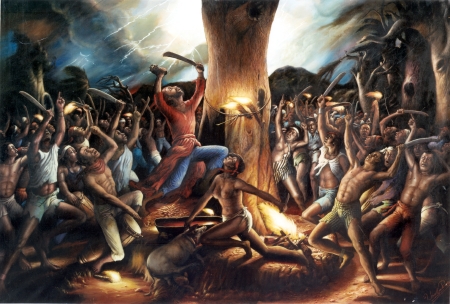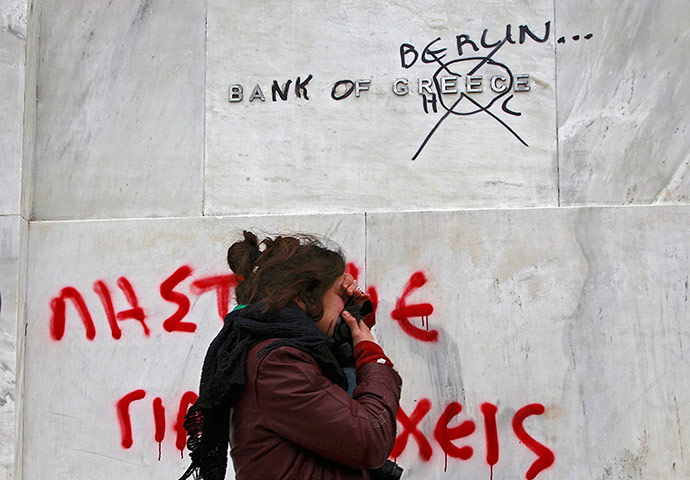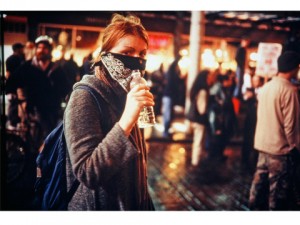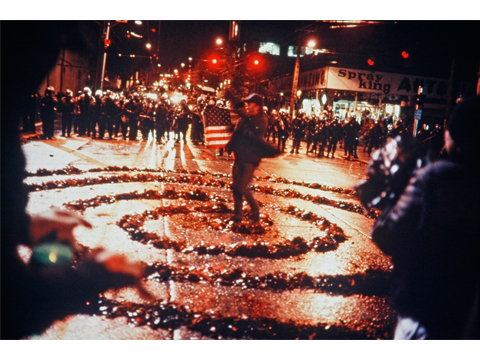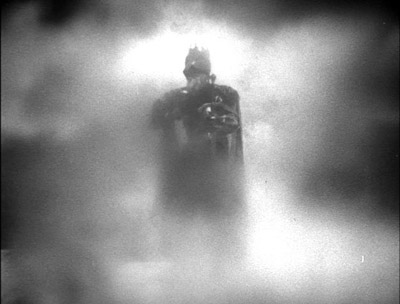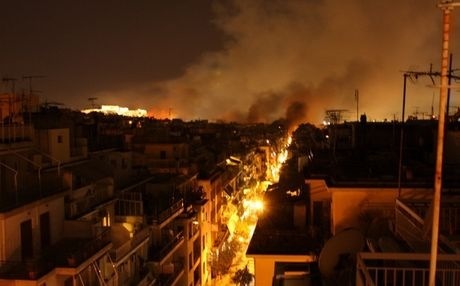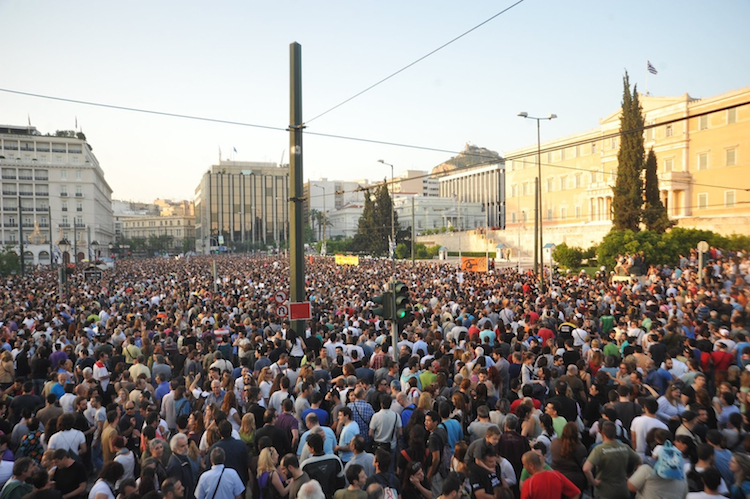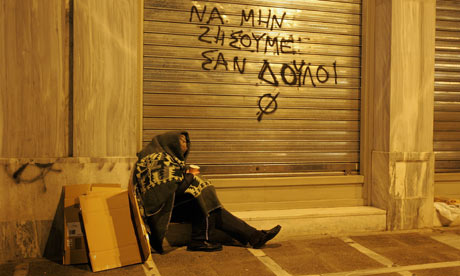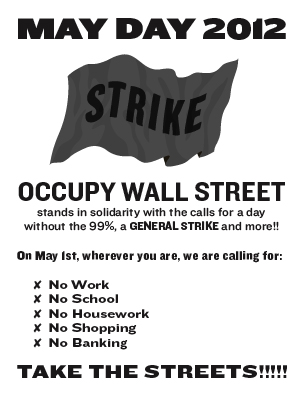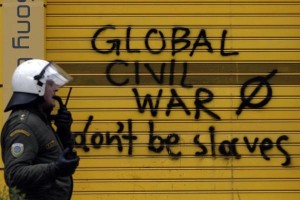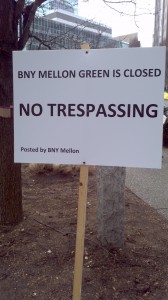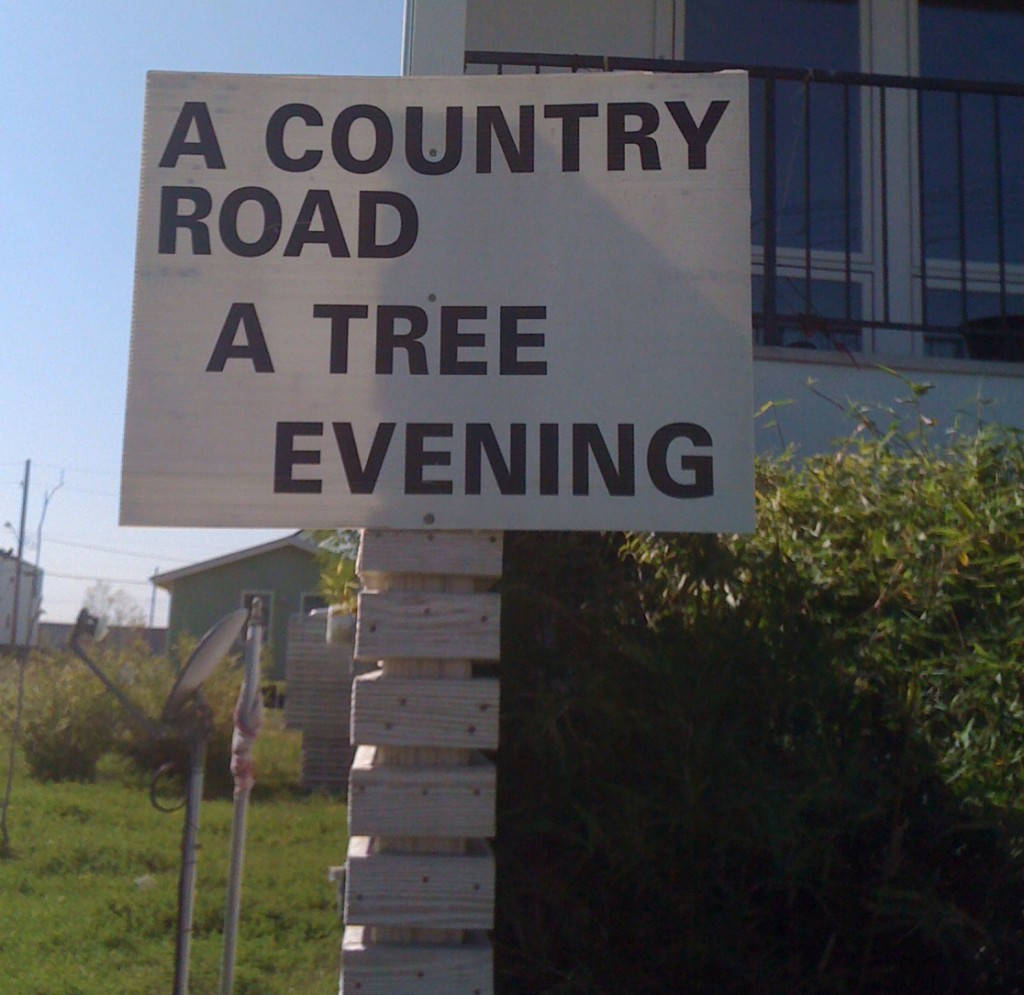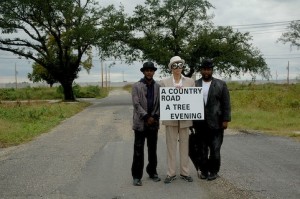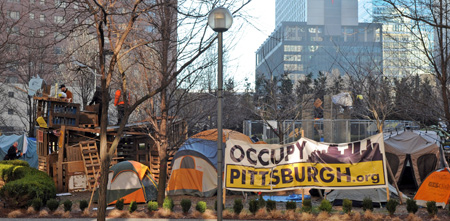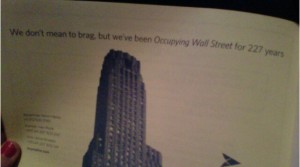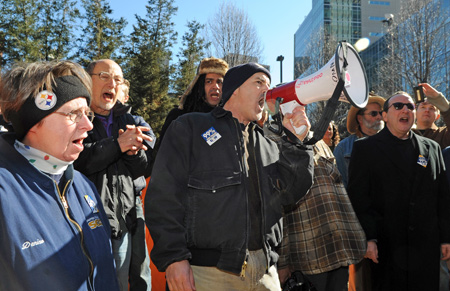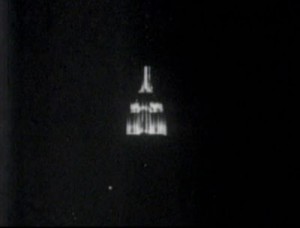I have often noticed how well the word “occupy” seems to go with other words, whether nouns or verbs. So I looked it up in a historical dictionary and saw that it was for centuries a term designating power, especially colonial and patriarchal power, and the use of capital. The word has been appropriated and subjected to détournement by those such power would subjugate. As such, it should be made one of Raymond Williams’ keywords.
The colonial force of occupy comes through in the etymology:
Irregularly < Anglo-Norman and Old French, Middle French occuper to take possession of, seize (1306), to fill a certain space (1314), to employ (c1360), to hold possession of (late 14th cent.), to inhabit (1530), to exercise (an employment) (1530), to fill time (1530), also reflexive, to busy oneself with (c1330) < classical Latin occupāre to seize (by force), take possession of, get hold of, to take up, fill, occupy (time or space), to employ, invest (money)
There are many senses of the English word before we get to the modern Occupy.
I: to employ, make use of
1. trans. To keep busy, engage, employ (a person, or the mind, attention, etc.)
There are a number of early modern examples:
- 1500 (1413) Pilgrimage of Soul (Egerton) i. xxi. f. 16v, He hath occupied so my wittes with othir thinges.
Then, once we enter the Tudor period, a host of colonial and violent examples:
- 1555 R. Eden tr. Peter Martyr of Angleria Decades of Newe Worlde iii. ix. f. 136v, They occupyed them selues in the searchinge of particular tractes and coastes.
- 1568 Haddington Corr. 270 Traitouris, quhais lwnatick branes ar continewalie occupeit with this thair poysoun. [read in a Scottish accent]
- 1604 E. Grimeston tr. J. de Acosta Nat. & Morall Hist. Indies iii. i. 117 Then shall he truly occupie himselfe in the studie of Philosophie.
The philosophical sense returns to the metropole:
- 1782 W. Cowper Conversation in Poems 215 Whatever subject occupy discourse.
And becomes political:
- 1928 H. T. Lane Talks to Parents & Teachers 189 The citizens are occupied chiefly with earning a living.
2. To employ oneself in, engage in, practise, perform; to follow or ply as one’s business or occupation.
Early on, you occupy a trade or profession but again with imperial and colonial connotations:
- 1535 Bible (Coverdale) Psalms cvi[i.] 23 They that go downe to the see in shippes, & occupie their busynesse in greate waters.
In the intransitive sense, this meaning conveys being busy with something, leading to anachronistic puns:
- 1847 J. P. Lawson Bk. Perth 171 Permitting their servants to occupy on the Sabbath-day, as well as on the rest of the week.
Skipping one obsolete sense we get an interesting use:
4. a. trans. To employ (money or capital) in trading; to lay out, invest, trade with; to deal in.
Now also obsolete, this sense means that it was capital that occupied first: all our occupations are, then, un-occupations. This sense persists right up to the emergence of modern capital, in Dr Johnson’s Letters:
- 1773 Johnson Let. 17 May II. 32 Upon ten thousand pounds diligently occupied they may live in great plenty.
No doubt.
II. To be in, to take possession of.
The older versions are all about state power, as in this early example:
- c1440 (1400) Morte Arthure 98 Myne ancestres ware emperours. They ocupyede [th]e empyre aughte score wynnttyrs.
More modern uses spread the sense of domination and power across society by means of law:
- 1883 Law Times 20 Oct. 410/2 A married woman is now to occupy the same position as her Saxon ancestress.
Now we are getting warmer:
b. trans. To live in and use (a place) as its tenant or regular inhabitant; to inhabit; to stay or lodge in.
From Blackstone’s famous law commentaries of the 18th century to Cardinal Newman’s History of the Turks and lesser known genealogies, to occupy is to be landed power but also destructive of the environment and, once again, colonizers:
- 1767 W. Blackstone Comm. Laws Eng. II. i. 7 By constantly occupying the same individual spot, the fruits of the earth were consumed.
- 1854 J. H. Newman Lect. Hist. Turks i. i. 2 This tract is at present occupied by civilized communities.
- 1881 J. Russell Haigs of Bemersyde 5 Bemersyde House has been occupied by the Haigs for more than seven centuries.
In the variant “to take possession of,” Sir Walter Raleigh, pirate and colonizer, favorite of Queen Elizabeth I, was quite clear what was meant:
- 1614 W. Raleigh Hist. World i. v. i. §2. 317 Which done, they occupied the Citie, Lands, Goods, and Wiues, of those, whom they had murdered
From here, it is a short step to the meaning “To take possession of (a place), esp. by force,” as in the example from the historian MacCauley:
- 1849 T. B. Macaulay Hist. Eng. II. x. 582 The Dutch had occupied Chelsea and Kensington.
Only after all that colonizing, patriarchy and despoliation do we get to the occupy of Occupy, a relatively recent meaning in official English, cited here only in journalism (although it’s likely to be of much older vernacular use, as we shall see):
trans. To gain access to and remain in (a building, etc.) or on (a piece of land), without authority, as a form of protest.
- 1920 Times 2 Sept. 9/2 The men have occupied the works in those cases where the masters have declined to run the works at a loss.
- 1968 Newsweek 6 May 43/1 The university’s Hamilton Hall was the first successful target of the revolutionaries, and it was seized and occupied Tuesday.
The final acknowledgement of this meaning derives I suspect from a much earlier usage.
The learned dictionary has a long lacuna: Throughout the 17th and most of the 18th cent., there seems to have been a general tendency to avoid this word, probably as a result of use of the word in sense 8,
a sexualised sense. in Henry IV part 1, Shakespeare complained:
A captaine? Gods light these villaines wil make the word as odious as the word occupy, which was an excellent good worde before it was il[l] sorted.
Bloomberg might agree. Ben Johnson went further yet:
Many, out of their owne obscene Apprehensions, refuse proper and fit words; as occupie, nature, and the like.
Nature? we’ll have to look that up too.
So, using this sense, now we have a slogan that even Chris Hedges might not mind:
Occupy the Police.
Like this:
Like Loading...
 For Rancière, that would be for the part that has no part to assert its place. I agree. The means by which we register that claim is to recognize one another. In person, we do that by exchanging a look, eye to eye, that oscillates between us and claims that space as autonomous. It is present but as it crosses between us, it anticipates a future that it is come.
For Rancière, that would be for the part that has no part to assert its place. I agree. The means by which we register that claim is to recognize one another. In person, we do that by exchanging a look, eye to eye, that oscillates between us and claims that space as autonomous. It is present but as it crosses between us, it anticipates a future that it is come.
